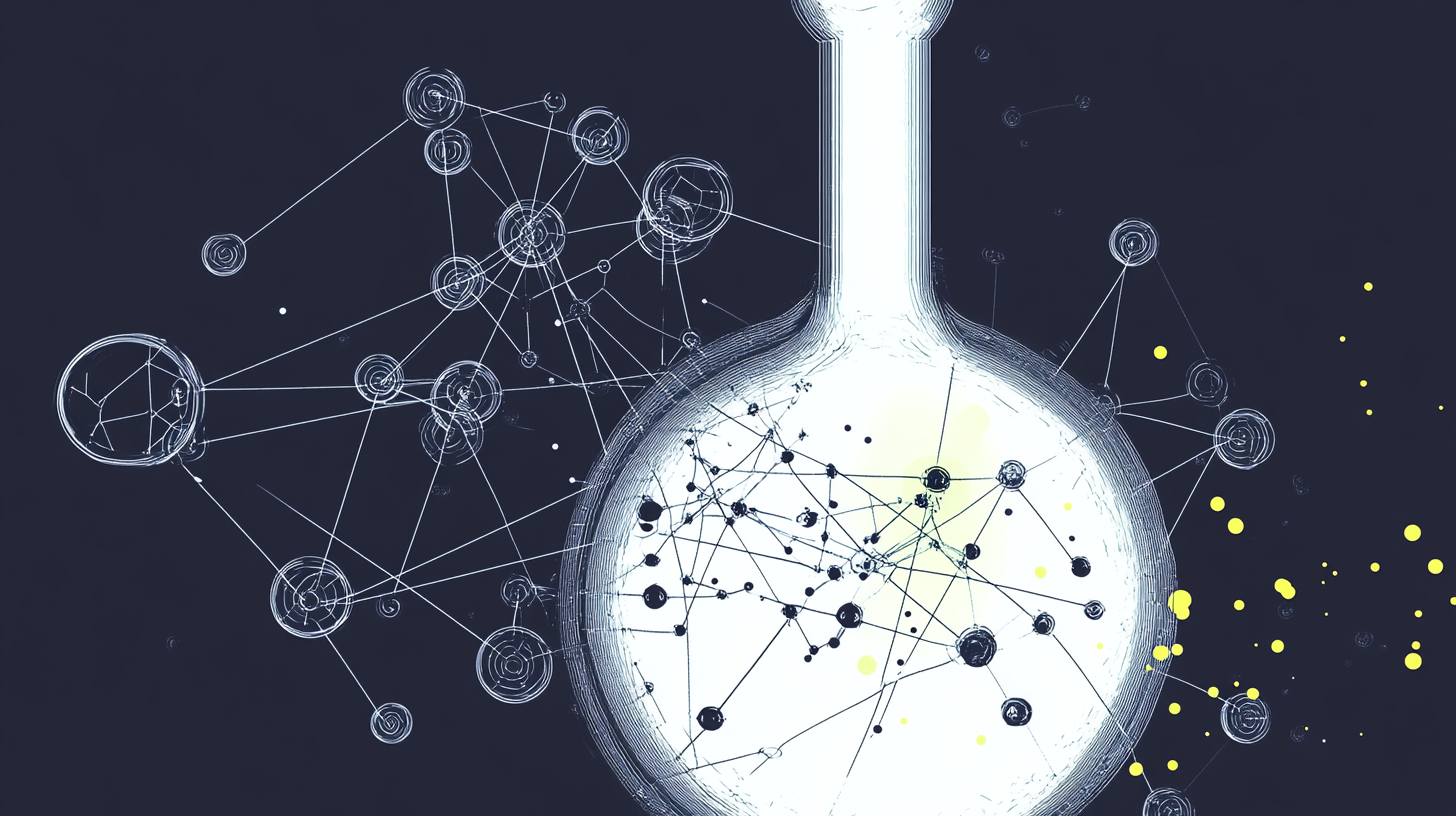Scientists see potential in AI, but hesitate to embrace it, survey finds

A major international survey shows that while researchers recognize AI's potential in science, most haven't integrated it into their daily work yet.
According to a new survey of nearly 5,000 researchers from over 70 countries conducted by science publisher Wiley (via Nature), AI will become an integral part of scientific work within the next two years.
While more than half of researchers consider AI more efficient for certain tasks, only 45% of the first 1,043 respondents actually use AI tools in their research. Researchers from China and Germany, particularly in computer science, show the most openness to AI applications.
ChatGPT dominates the field: 81% of AI-using researchers use OpenAI's chatbot. Other tools like Google's Gemini or Microsoft's Copilot are known to only about a third of respondents. When AI is used, it's mainly for translations, proofreading and editing manuscripts. Writing and text tasks lead at 57%, followed by detecting errors and inconsistencies in writing (47%).
More than half expect various AI applications to gain widespread acceptance in the scientific community within two years. Young scientists particularly use AI for writing funding applications and finding collaboration partners. The surveyed scientists also see promise in the peer review process: 51% expect AI-based reviewer recommendation systems could become standard within two years.
Ethical concerns and accuracy fears slow adoption
Ethical considerations top the list of barriers to AI adoption, with 54% of respondents citing them as a major concern. Close behind are worries about AI systems producing inaccurate results or hallucinations (51%), followed by data protection issues (47%) and lack of transparency in AI tools (46%).
While researchers show strong interest in AI tools, many lack the support they need to use them effectively. About 43% say they haven't received enough training to use AI properly, and 42% feel overwhelmed by all the possibilities these tools offer.
Taken together, safety remains a crucial concern: 81% of participants worry about AI accuracy, potential biases, data protection, and how these systems are developed behind closed doors.
Where AI already outperforms humans
According to the survey, AI already performs better than humans in certain areas. In manuscript preparation, 62% believe AI has an advantage, particularly in text improvement, error detection, plagiarism checking and formatting.
AI is also considered superior for processing large amounts of information (60%), such as scientific publications, and communicating scientific findings (58%) through summaries or data chats. While 60% see automatic processing of unstructured data as an AI strength, only 18% use this capability in practice.
In contrast, humans still have the upper hand in several key areas, according to the surveyed researchers: creating teaching materials and multimedia content (51%), improving research methods and collaborations (58%), and providing feedback and peer review (59%). Researchers particularly trust human expertise when it comes to optimizing experimental design and identifying potential research partners.
AI News Without the Hype – Curated by Humans
As a THE DECODER subscriber, you get ad-free reading, our weekly AI newsletter, the exclusive "AI Radar" Frontier Report 6× per year, access to comments, and our complete archive.
Subscribe nowAI news without the hype
Curated by humans.
- Over 20 percent launch discount.
- Read without distractions – no Google ads.
- Access to comments and community discussions.
- Weekly AI newsletter.
- 6 times a year: “AI Radar” – deep dives on key AI topics.
- Up to 25 % off on KI Pro online events.
- Access to our full ten-year archive.
- Get the latest AI news from The Decoder.